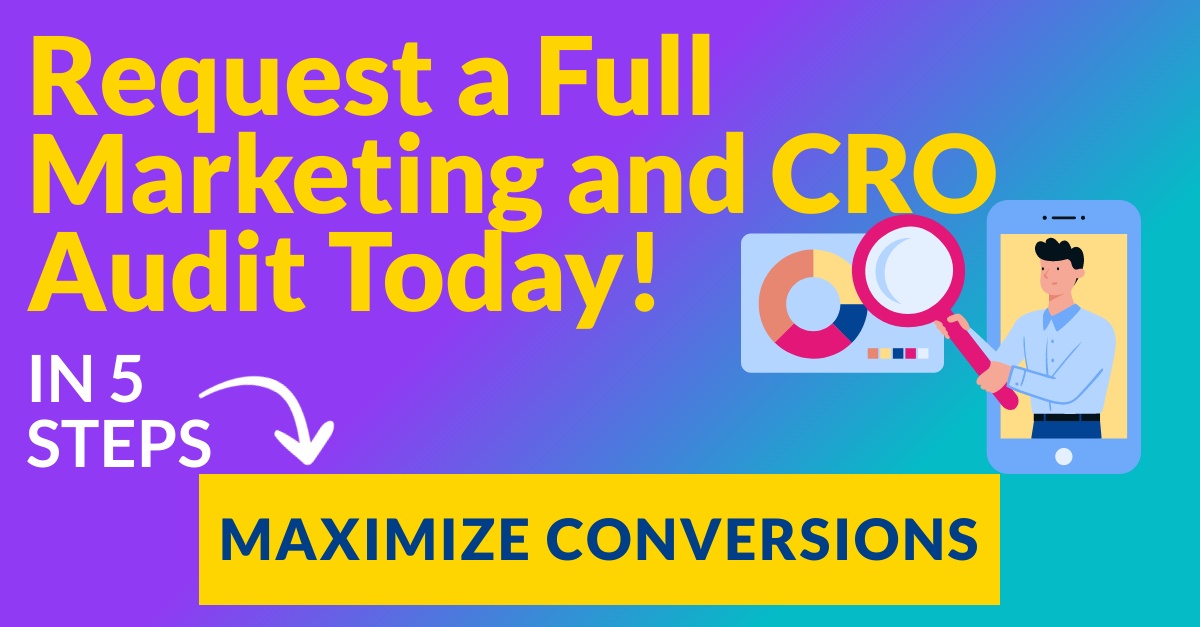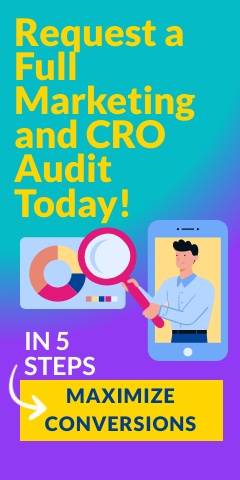by Duran Inci
 The internet gets more and more competitive each year. More and more businesses are realizing the opportunities of having a website and addressing an endless number of consumers through the online market. It’s no question that only the websites with great design, wide functionalities, and the right tools will make it to the front of the line.
The internet gets more and more competitive each year. More and more businesses are realizing the opportunities of having a website and addressing an endless number of consumers through the online market. It’s no question that only the websites with great design, wide functionalities, and the right tools will make it to the front of the line.
A Content Management System (CMS) is a PHP (Personal Home Page) application which lets you create and manage your website using an admin panel. In a traditional HTML site, you would have to use programs such as FrontPage or Dreamweaver to edit the website. The following separates the pros and cons of a Content Management System:
PROS
– Organization: A CMS is much more organized than an html site. You can login to your admin panel and control all aspects of your website from literally any computer.
– Design: The ability to control design using CSS (Cascade Style Sheets) files is a great functionality. You also have the ability of creating different templates for different types of pages on your website.
– Functionalities: You have the option of making add-ons to your website and choosing from a wide array of functionalities. In the competitive online market, this can never hurt. If you want to have a blog, a corporate website and a shopping cart, certain CMS solutions offer you all this with easy to install add-ons.
– SEO Friendly: Using the different functionalities, you are able to make your website SEO Friendly. You can have 100% control over your URL, title, meta tags as well as every aspect of your content on a page. You can have dynamic sitemaps and a website structure which will make it easy for search engines to crawl your site.
– Google Friendly: It’s no doubt that Google is the industry leader in online technologies and you definitely want a part of that. A CMS enables you to install Google Analytics without much effort. Also, with basic functionality add-ons, you are able to create Google sitemaps and market your website through Google.
– Tracking: Most CMS solutions provide stats if you already do not have Google Analytics installed on your system. You can see errors on your site, broken links, your visitors and all relevant stats. This functionality is essentially the best way to improve performance, and to analyze the weaknesses on a website.
CONS
– Technical: You might have to be a bit technical to be able to implement a CMS. You might also need to do some research or get some outside help. Certain aspects of hosting preferences matter in choosing a CMS. Therefore, you have to be somewhat knowledgeable.
– HTML and CSS Knowledge: If you really want a good looking website, you will need some HTML knowledge. Also, knowing CSS and setting it up correctly will make it a lot easier to make website changes in the future. While you do not need to be an expert, you should be knowledgeable in overall HTML and CSS. A good place to start would be to install FrontPage or Dreamweaver.
While the benefits of running a Content Management System outweigh running an HTML site, it really depends on the type of website and its objectives. You can put any HTML site on a CMS, but you cannot put any CMS on an HTML without running into major problems; Problems such as lack of functionality and time spent. If you want to have a website that will make a change and create results, we strongly suggest WordPress or Joomla. You can contact us here if you think you need assistance.





